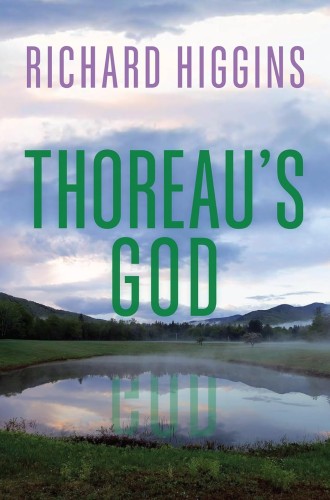Sola natura
Richard Higgins offers a remarkably full account of Henry David Thoreau’s ever-evolving faith.

Thoreau’s God
Several scholars have recently published examinations of Henry David Thoreau’s spirituality and life philosophy, offering musings about what the iconic sage at Walden Pond really thought about God and religion. (Was he a pantheist or a transcendentalist or a Buddhist or a theosophist? Did he simply replace religion with nature?) No one captures the breadth and evolution of Thoreau’s religious understanding as well as Richard Higgins.
Thoreau’s God is impressive in scope. Through extensive research and review of Thoreau’s voluminous writing, Higgins chronicles the lifelong evolution of his belief, from his early disparaging of Christianity and the church to his “eclectic, experiential, noninstitutional spirituality” which is so popular today.
Thoreau lived before it was a cliché to say “the ordinary is sacred.” He understood deeply that the word ordinary has religious resonances (e.g., ordo, ordination). Increasingly, he found his religion in the woods themselves, in the wild, divine patterns and relationships among flora and fauna. According to Higgins, these ideas were sparked early on by Thoreau’s reading of Ralph Waldo Emerson’s Nature while a student at Harvard. This manifesto of transcendentalism enthralled the young Thoreau “with its call to know the divine through direct experience and by its view of nature as an organic language of spirit.” Emerson’s suggestion that we can come to know God “without mediator or veil” would become, for Thoreau, a lifelong endeavor.




